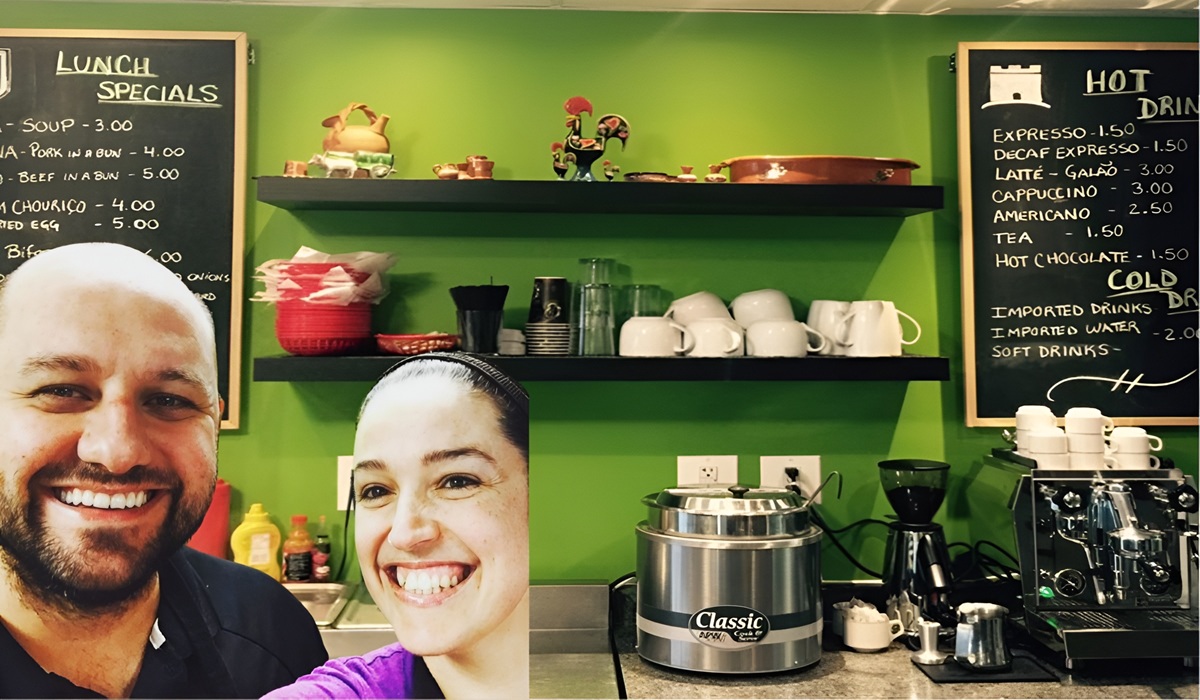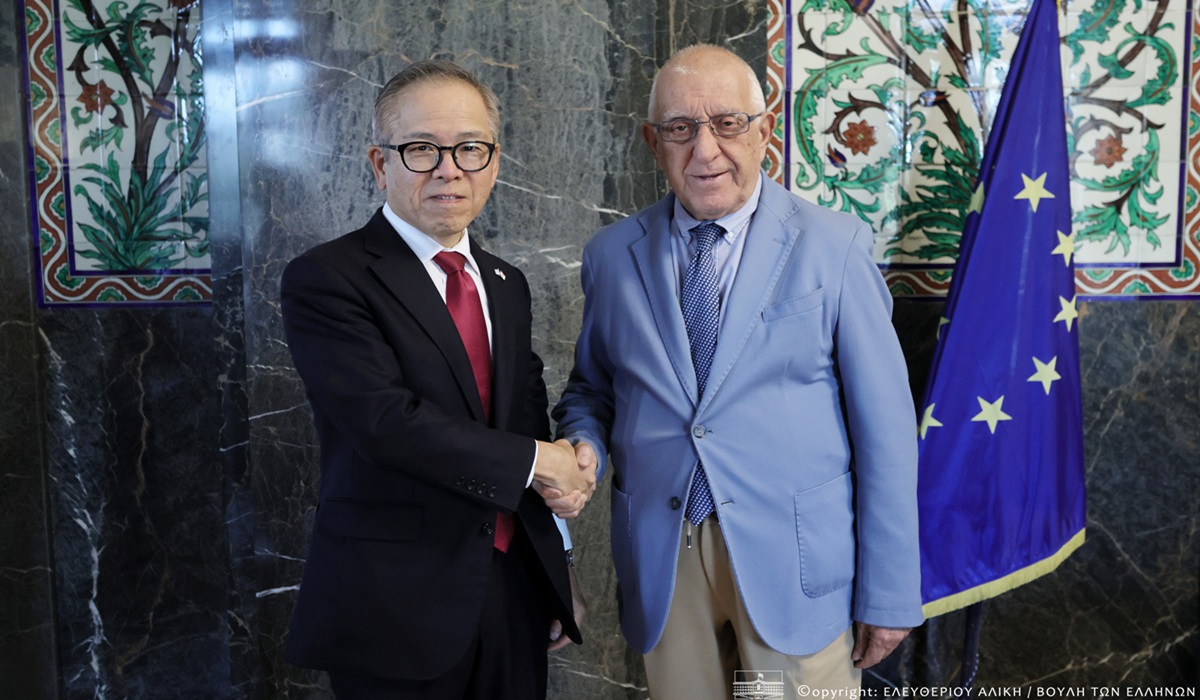Who Really Owns Your Alarm Company—and Who’s Monitoring Your Home or Business?
- TDS News
- Trending News
- October 19, 2025

By: Donovan Martin Sr, Editor in Chief
Across Manitoba, something unsettling is happening in the alarm and security industry—and most homeowners don’t even realize it. If you asked the average Winnipeg resident who monitors their alarm system, they could probably name the company. But if you asked whether that company is still locally owned, still operating in Canada, or even still in business under that name, the answer would be far less certain.
Behind the logos, the stickers, and the friendly brand names, the reality is that many of Manitoba’s trusted alarm providers have quietly been bought, merged, or absorbed by massive corporations. In some cases, the monitoring of your home no longer takes place anywhere near Winnipeg—or even on Canadian soil.
What does that mean for homeowners and small business owners? It means that when your alarm goes off, the person on the other end of the line may be sitting in a call center thousands of kilometres away, with no knowledge of your neighbourhood, your community, or the urgency that comes with a break-in on a frigid January night in Winnipeg.
It’s a troubling trend. ADT, once the gold standard of Canadian home security, was sold to a major telecom company, ending the 192-dealer network that had provided local, personalized service for decades. That dealer program was scrapped, cutting off the personal connections between homeowners and the professionals who actually knew them. Vivint and Fluent exited Winnipeg entirely. Chubb and Protelec pulled out of the residential market, and Bell just recently sold its security division. One after another, familiar names disappeared, leaving customers with little idea who now owns their data—or who’s responsible for their safety.
The pattern is clear: the industry has become a revolving door of buyouts, with each sale distancing the customer a little further from the people actually responsible for protecting them. And in an age where data is as valuable as property, that raises a chilling question—who owns your alarm information, and what are they doing with it?
According to longtime Winnipeg security professional Don Woodstock, the public needs to start paying attention. “Security is personal,” he explains. “You’re talking about your home, your business, your family, your pets—everything you’ve worked for. If something goes wrong, you want to know the person on the other end of that alarm call actually knows who you are.”
Woodstock, whose locally based company has earned a string of consumer awards and an enviable reputation for reliability, believes too many people assume their systems are still monitored by the same hands that installed them years ago. “They don’t realize their accounts were sold off, sometimes several times over. And when that happens, the quality of service—and the sense of accountability—can disappear overnight.”
In a city like Winnipeg, where crime rates continue to climb and property crime is among the highest in the country, that loss of accountability isn’t a small issue. Every second matters when a break-in happens, and the idea that your alarm signal might be routed overseas—or handled by a subcontractor in another province—should give anyone pause.
Beyond response times, there’s the deeper concern of data privacy. Alarm systems today capture a wealth of information—schedules, entry points, daily routines, even footage of your home’s interior. When a local provider is acquired by an international corporation, that information can move across borders and into databases that most customers will never hear about again.
That’s why independent, community-based providers are becoming increasingly rare—and increasingly vital. Companies like the one Woodstock operates have chosen to remain rooted in Manitoba, hiring local technicians, training staff who actually know the communities they serve, and maintaining real accountability. They’ve resisted the buyouts, believing that personal service still matters in an industry where trust is everything.
The shift in Manitoba’s alarm landscape is not just a matter of business consolidation—it’s a matter of public awareness. Too many people sign contracts without knowing who’s really behind the service. Too many assume “local” means “local,” when in reality, their calls could be handled from another country altogether.
The message is simple but urgent: know who’s protecting you. Ask where your monitoring station is located. Ask who owns your data. Ask whether the company on your bill is the same one that installed your system. Because when the unthinkable happens, you want to be certain that the people responding actually know where home is.
There are still local companies in Manitoba holding the line—those that continue to believe security should be personal, accountable, and rooted in the community. For now, they stand as reminders that in an industry dominated by mergers and takeovers, trust can’t be outsourced.
And for anyone concerned about who’s really watching over their home, now might be the time to start asking questions—and looking closer at who’s still here.
Editor’s Notes: If you have questions about your alarm, please connect with Don at Jamrock Security
(204) 880-1564 jamrocksecurities@gmail.com









